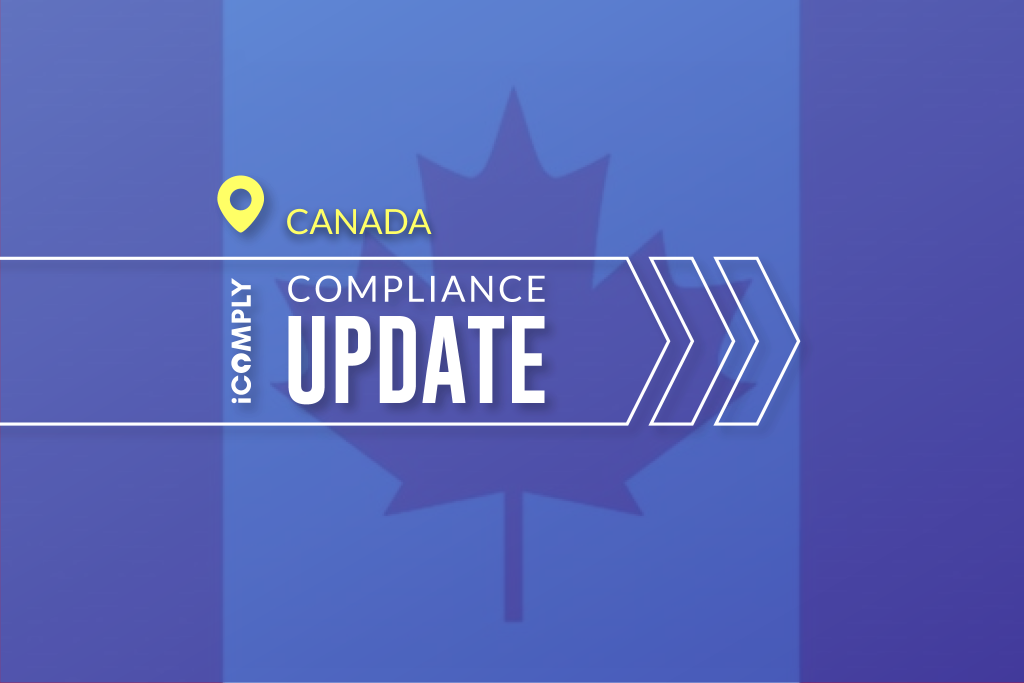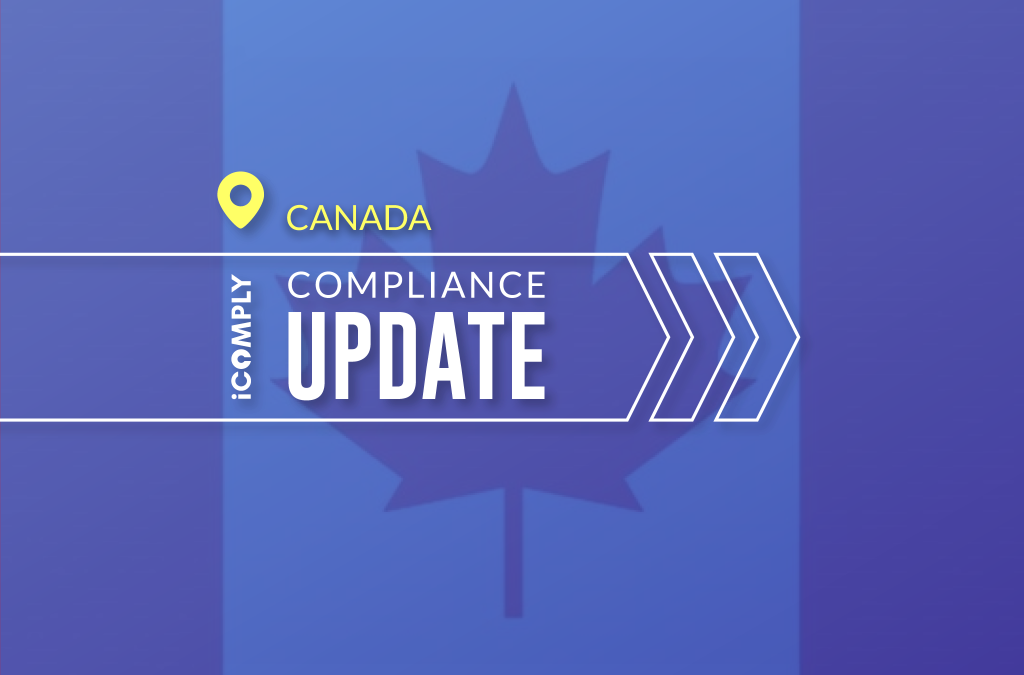Canada: Real-Estate Firms Violate Anti-Money Laundering Rules

What Happened?
March 6, 2020: Canada’s financial watchdog FinTRAC audited 500 real estate companies, and found 172 were guilty of violating anti-money laundering rules by neither checking the identities of their clients nor reporting large cash deals to the government.
At half of the companies audited, the sales agents had no formal training on how to properly detect money laundering or verify the identity of their clients.
In response, FinTRAC is implementing an ownership registry beginning May 2020, and making it mandatory for real estate agents to take an anti-money laundering course–a first for Canada.
Source: https://www.occrp.org/en/daily/11760-canada-real-estate-firms-violate-anti-money-laundering-rules
Who Is Impacted?
Real-Estate Developers, Brokers, and Sales Representatives.
Why This Matters?
In 2019, an expert panel estimated that $5.3 billion dollars (US$ 4 billion) were laundered through real-estate transactions in Canada in 2018.
With their 2019 budget increase from the Canadian government, FinTRAC has launched an aggressive front to combat this activity in our economy.
“This offensive is sending a strong message to the sector and to people who might seek to exploit it that we all are determined to protect the Canadian people and the economy.” – FinTRAC spokesperson, Erica Constant
What’s Next?
The provinces hope these actions from the Regulator will prevent the use of trusts, corporations, or partnerships to hide transactions from public view.
learn more
Is your AML compliance too expensive, time-consuming, or ineffective?
iComply enables financial services providers to reduce costs, risk, and complexity and improve staff capacity, effectiveness, and customer experience.
Request a demo today.
Navigating KYB Compliance for Law Firms
Know Your Business (KYB) compliance is essential for law firms to verify the legitimacy of their business clients, mitigate risks, and adhere to regulatory requirements. This article explores the best practices and strategies for...
Decentralizing Blockchain Identity Verification with Edge Computing
Blockchain identity verification is a secure and transparent method of verifying identities, but decentralizing this process with edge computing can further enhance its efficiency and security. This article explores how edge...
Edge Computing and Real-Time AML Monitoring
Anti-Money Laundering (AML) monitoring is crucial for detecting and preventing financial crimes in real-time. Edge computing plays a vital role in enhancing real-time AML monitoring by providing improved data processing speed,...




